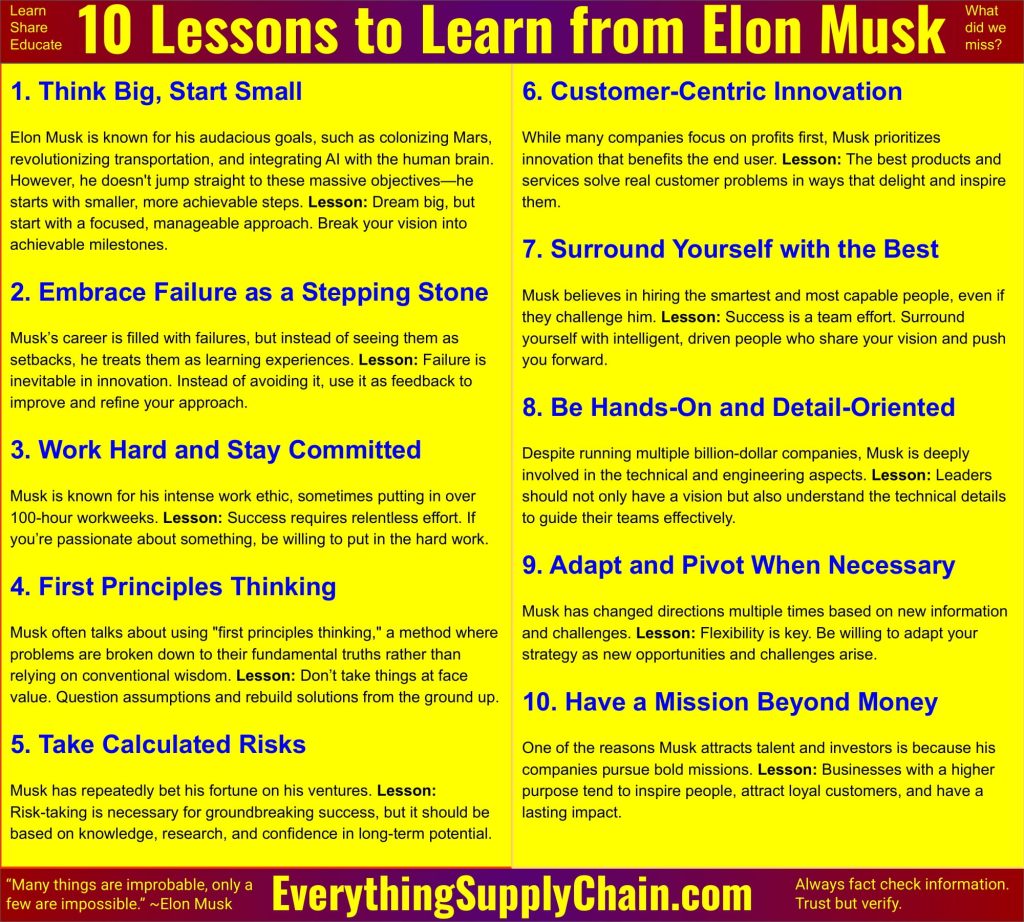Global Supply Chain Challenges and Opportunities
Global Supply Chain Challenges and Opportunities
There are a number of global supply chain challenges and opportunities that companies must navigate in order to be successful. Some of the key challenges include:
- Complex and dynamic global market: Companies must navigate a complex and dynamic global market in order to source materials, manufacture products, and sell goods and services. This includes dealing with currency fluctuations, tariffs, and trade agreements.
- Managing global logistics: Companies must efficiently and effectively manage the logistics of moving goods around the world, including dealing with transportation, customs, and other logistics-related issues.
- Managing and mitigating risks: Companies must effectively manage and mitigate risks in the supply chain, including those related to natural disasters, political instability, and other disruptions.
- Managing costs: Companies must effectively manage costs in order to remain competitive, which includes finding ways to reduce costs while maintaining or improving quality and service.
- Meeting regulatory requirements: Companies must comply with a wide range of regulations and standards related to trade, customs, and other issues in order to operate in the global market.
- Managing sustainability and social responsibility: Companies must manage the environmental and social impacts of their operations in order to meet the expectations of customers, regulators, and other stakeholders.
On the other hand, there are also several opportunities for companies to improve their supply chain performance and competitiveness, including:
- Leveraging technology: Companies can leverage technology such as artificial intelligence, machine learning, big data, and IoT to improve supply chain efficiency, visibility, and responsiveness.
- Collaboration and outsourcing: Companies can collaborate with other companies and outsource certain supply chain functions in order to improve efficiency and reduce costs.
- Innovation and product development: Companies can innovate and develop new products and services in order to differentiate themselves from competitors and create new revenue streams.
- Entering new markets: Companies can enter new markets in order to increase revenue and diversify their customer base.
- Focusing on sustainability: Companies can focus on sustainability in order to reduce costs, improve reputation, and differentiate themselves from competitors.
- Developing new business models: Companies can develop new business models that take advantage of digitalization and the sharing economy, such as subscription-based models, on-demand production, and circular economy.
Overall, the global supply chain presents both challenges and opportunities for companies. To be successful, companies must be able to navigate these challenges and take advantage of opportunities in order to improve supply chain performance and competitiveness.
MORE:
- VIDEOS: All, CEOs, Industries, Leadership, Manufacturing, Motivation, SUPPLY CHAIN
- NEWS: Business, Entrepreneur, Sports, Social Media, SUPPLY CHAIN, Technology
- QUOTES: Business, Hard Work & Don’t Quit, Leadership, SUPPLY CHAIN, Teamwork






